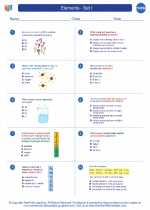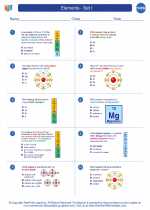Vitamin B12: An Essential Nutrient
Vitamin B12, also known as cobalamin, is a water-soluble vitamin that is essential for various bodily functions, including the formation of red blood cells, proper neurological function, and DNA synthesis. It is one of the eight B vitamins and is particularly important for maintaining healthy nerve cells and in the production of DNA and RNA.
Sources of Vitamin B12
Vitamin B12 is naturally found in animal products, including meat, fish, poultry, eggs, and dairy products. It is not found in plant foods, so vegans and vegetarians often need to rely on fortified foods or supplements to meet their B12 requirements.
Functions of Vitamin B12
Vitamin B12 plays a crucial role in several bodily functions, including:
- Formation of red blood cells: Vitamin B12 is essential for the production of healthy red blood cells, which carry oxygen to all parts of the body.
- Neurological function: B12 is important for maintaining the health of nerve cells and supporting neurological function.
- DNA synthesis: B12 is involved in the synthesis of DNA, the genetic material in all cells.
- Energy production: B12 helps convert food into energy and aids in the metabolism of fats and carbohydrates.
Deficiency and Health Implications
A deficiency in vitamin B12 can lead to a range of health issues, including anemia, fatigue, weakness, constipation, loss of appetite, weight loss, and neurological changes such as numbness and tingling in the hands and feet. Prolonged B12 deficiency can lead to irreversible neurological damage.
Recommended Intake
The recommended daily intake of vitamin B12 varies by age and life stage. For adults, the recommended daily intake is 2.4 micrograms. Pregnant and breastfeeding women may need higher amounts. It's important to consume B12 through a balanced diet or supplements to meet the recommended intake.
Study Guide
When studying vitamin B12, it's important to focus on the following key areas:
- The sources of vitamin B12 and factors that may lead to a deficiency
- The functions of vitamin B12 in the body, including its role in red blood cell formation, neurological function, and DNA synthesis
- The health implications of a vitamin B12 deficiency and the importance of meeting the recommended intake
- The recommended daily intake of vitamin B12 for different age groups
Understanding the importance of vitamin B12 and its role in maintaining overall health is essential for anyone studying nutrition, biology, or human physiology.
.◂Chemistry Worksheets and Study Guides High School. Elements - Set I

 Worksheet/Answer key
Worksheet/Answer key
 Worksheet/Answer key
Worksheet/Answer key
